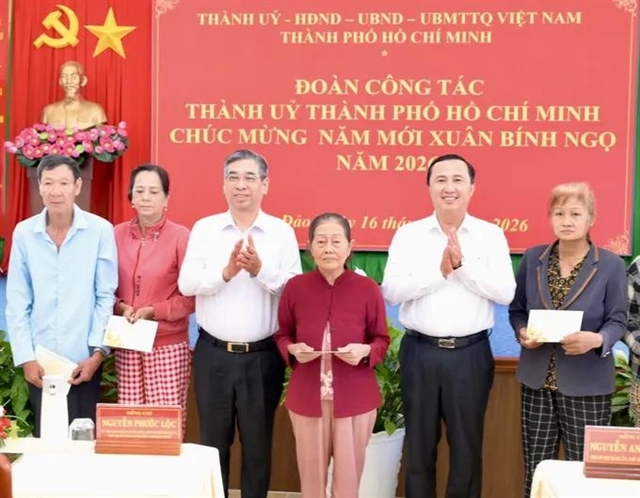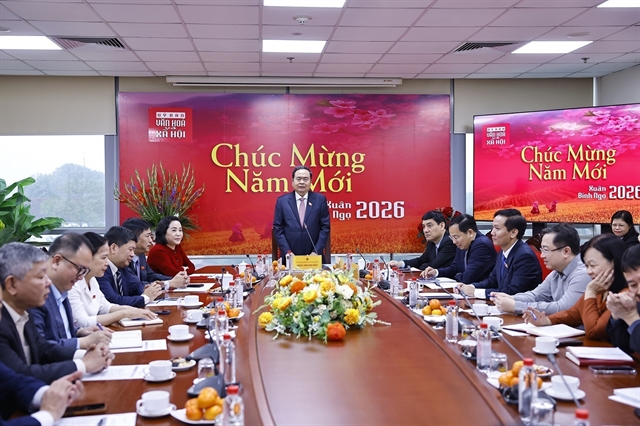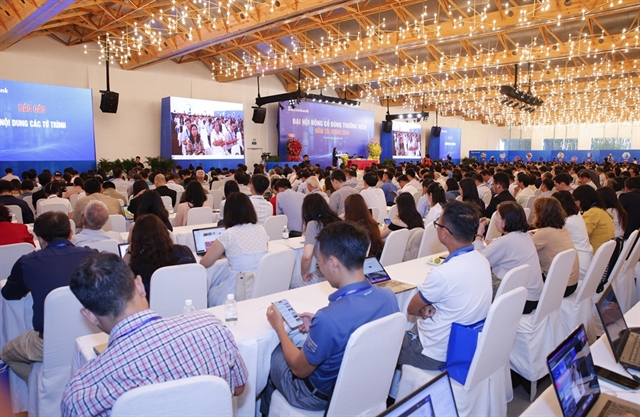 Economy
Economy
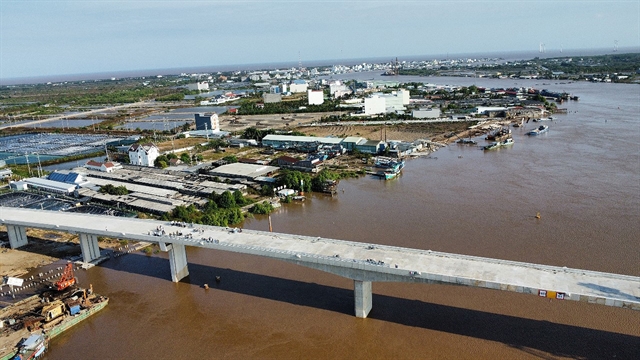
With demand for environmentally friendly cars increasing in Việt Nam, local automakers and traders are going green to win market share.
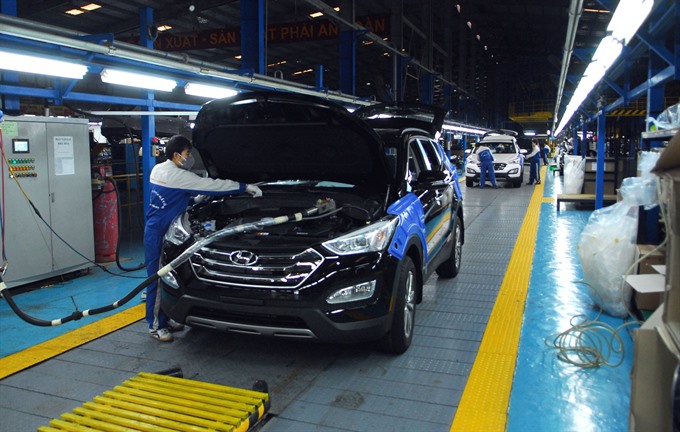 |
| An auto manufacturing line at HUYNDAI Thành Công Việt Nam Joint Stock Company in the northern Ninh Bình Province’s Gián Khẩu Industrial Park. — VNA/VNS Photo Danh Lam |
HÀ NỘI — With demand for environmentally friendly cars increasing in Việt Nam, local automakers and traders are going green to win market share.
Head of the Ministry of Industry and Trade’s Heavy Industry Department Trương Thanh Hoài said the Government and the ministry encouraged automakers and traders to produce and sell environmentally friendly vehicles.
“This orientation has been manifested in the Government’s strategy and planning for the automobile industry’s development and other policies. ‘Green’ production and consumption are the trend of the future and indispensable in Việt Nam,” Hoài said.
According to the Vietnam Automobile Manufacturers’ Association (VAMA), environmental pollution has become more serious in urban areas because of vehicles, which cause pollution containing carbon dioxide, lead and nitrogen oxide.
To reduce pollution, VAMA said local automakers had renovated technologies in recent years to adapt to global trends; introducing models that save fuel, reduce emissions and are environmentally friendly.
Various new technologies have been introduced in Việt Nam. Ford Việt Nam has used ecoBoost technology, Toyota Motor Vietnam also introduced hybrid technology, Fuso has debuted Canter E-vell Zero Co2 and Mitsubishi has applied Phev technology.
Nguyễn Văn Thoán, a training expert of Ford Việt Nam, said the ecoBoost was a design revolution for the engine. The EcoBoost engine was voted best in class at the International Engine of the Year Awards from 2012 to 2015. The award is presented by Engine Technology International magazine.
The engine holds more than 125 patents, combines direct fuel injection, turbo charging and variable valve timing to ensure fuel economy by up to 20 per cent over larger engines with no loss of performance.
As one of the first global automakers in the Vietnamese market, Toyota Motor Group has led the way in Việt Nam in supplying engines of the future.
Yasuki Nakagawa, Deputy Director of the Toyota Motor Asia Pacific Engineering & Manufacturing Co., Ltd’s Technical Centre, said the global expansion of various industries and technologies would increase the use of fossil fuels.
When oil supplies decrease, Nakagawa predicted that vehicles would face energy problems. Meanwhile, the environment would be affected by carbon dioxide emissions, causing global warming and air pollution.
To reach a greener society, Toyota introduced hybrids, which combine a petrol engine and an electric motor. They combine to deliver extra performance and outstanding fuel efficiency.
Yasuki Nakagawa said the firm’s sales of Hybrid Toyota models had increased annually. Global sales hit nine million units in 2016 from more than one million units in 2006.
Marc Llistosella, President and CEO of Mitsubishi Fuso Truck and Bus Corporation, said the third generation of the all-new electric truck Fuso eCanter could save about VNĐ25 million (US$1,104) for each 10,000km of travelling, reducing operation costs by 64 per cent compared with trucks with diesel engines, and decreasing maintenance costs by 30 per cent.
The domestic automobile industry has been trying to balance manufacturing and trading cars and environmental protection.
Automakers plan to focus on models which meet the consumers’ demand for quality and minimise negative impacts on the environment. — VNS

